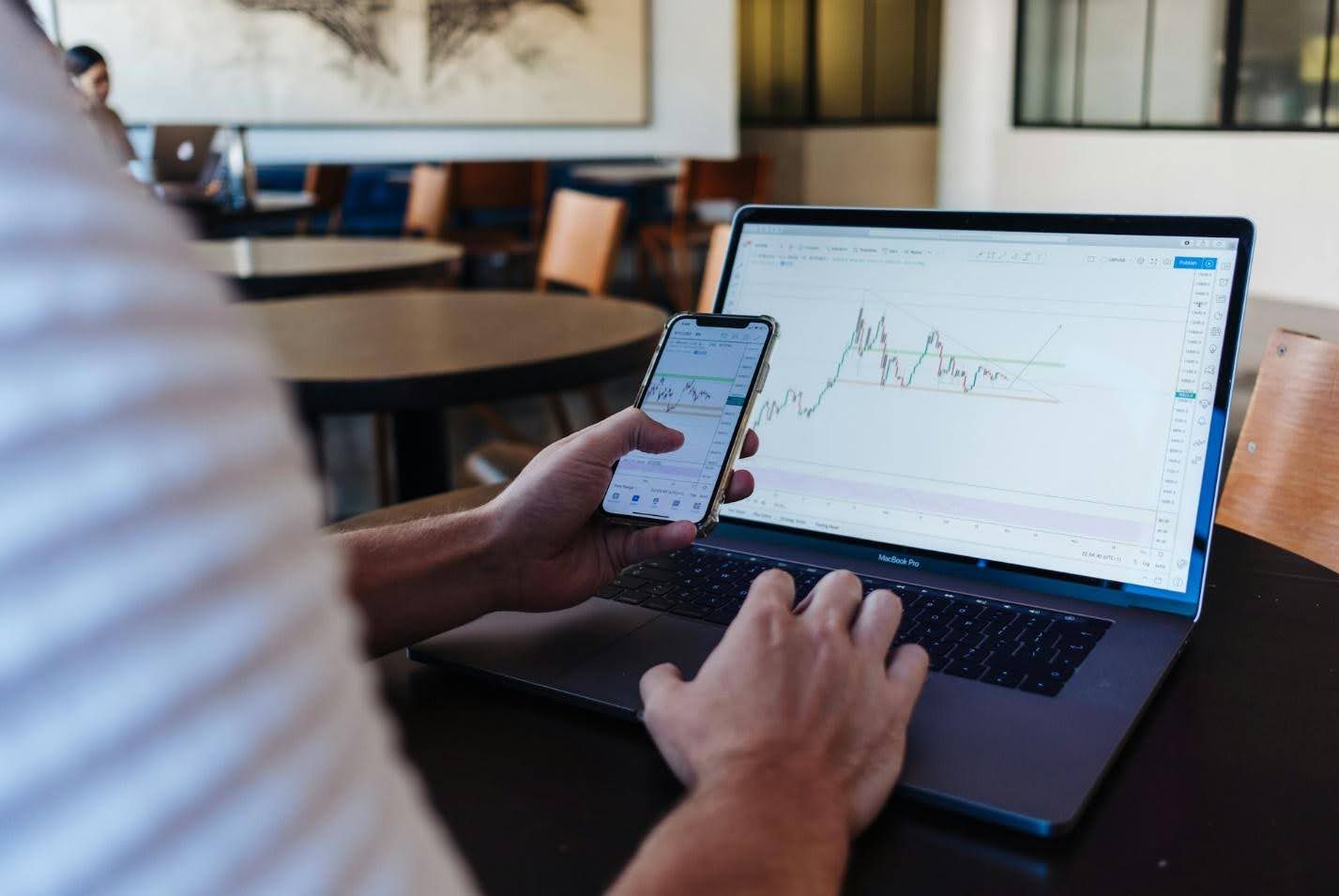
The Nigerian forex market has grown rapidly over the past decade, attracting thousands of traders who see opportunities in global currency movements. With this growth comes the need for effective strategies to protect positions and manage risks in a market that can change direction in a matter of seconds. Smart traders are not leaving their success to chance, and one area they pay close attention to is how to safeguard positions without relying on simple cash settlements.
Understanding Position Protection
In the Nigerian forex trading community, there is growing awareness that protecting positions is just as important as entering a trade at the right time. Position protection goes beyond simply hoping that a trade moves in your favour. It involves making use of structured risk management techniques that help preserve capital, reduce unnecessary losses, and give traders the confidence to stay consistent even when the market becomes volatile.
For many Nigerians learning about forex, the idea of safeguarding a position might initially sound complicated. However, it is a practical habit that separates successful traders from those who struggle. By thinking strategically about risk, traders can avoid the common trap of relying only on cash settlements after losses, which often leaves them with limited capital to trade again.
Why Cash Settlements Are Not Enough
Cash settlements may seem like a convenient way to conclude a trade, but they do little to prepare a trader for the next market move. In Nigeria where financial resources are often limited for retail traders, depending solely on settlements can gradually drain a trading account. Once funds are depleted, opportunities are lost, and rebuilding capital becomes an uphill task.
Smart traders recognise that position protection is a forward-looking practice. Instead of simply absorbing a loss when a trade goes against them, they make use of strategies such as stop loss orders, take profit levels, and hedging. These tools allow them to stay in the game longer, making it possible to pursue consistent growth rather than short-term survival.
Risk Management as the Core of Trading
At the heart of position protection lies risk management. Nigerian traders who succeed in the long run are those who treat risk control as a priority. They set clear limits on how much of their account balance can be exposed on a single trade. This ensures that even when the market delivers unexpected results, no single trade is capable of wiping out their entire portfolio.
Key practices that smart traders in Nigeria adopt include:
-
Using stop loss levels to automatically exit losing trades before the account suffers major damage
-
Applying take profit targets to lock in gains when the market reaches a favourable level
-
Diversifying across currency pairs to avoid overexposure to one market movement
By adopting these methods, traders maintain a sense of discipline and ensure that their trading activities remain sustainable.
The Role of Hedging in Nigeria
Hedging is another position protection strategy gaining popularity among Nigerian traders. Instead of closing a trade when the market begins to move against them, traders may open an opposite trade to balance potential losses. This strategy requires skill and practice, but it can provide a cushion during unpredictable market conditions.
For example, a Nigerian trader holding a long position on the EURUSD pair might hedge with a short position if volatility increases. This not only protects their capital but also allows them to stay active in the market without completely abandoning their original analysis.
Building Confidence Through Position Protection
The psychological benefits of position protection should not be underestimated. Trading is often an emotional activity, and Nigerian traders are not immune to the stress of seeing their accounts swing wildly. By having protective measures in place, traders build confidence in their system. They no longer feel the constant fear of losing all their funds, which allows them to trade with a clearer mind.
This confidence is vital in Nigeria, where many young traders are entering the forex market for the first time. With structured protective practices, they can gradually build experience without being discouraged by heavy early losses.
Adapting to the Nigerian Market Environment
The forex environment in Nigeria comes with unique challenges. Traders must deal with fluctuating exchange rates, limited access to foreign currency, and sometimes unstable internet connections. In this context, relying on cash settlements is risky and inefficient. Smart traders learn to adapt by using automated tools, mobile trading platforms, and strict money management to protect themselves against sudden disruptions.
Position protection becomes not just a trading tactic but a survival strategy in an environment where every naira invested in the market matters. By adapting protection techniques to the local realities, Nigerian traders are able to compete on the same level as global participants.
Long Term Sustainability
Protecting positions is ultimately about sustainability. Nigerian traders who focus only on cash settlements often find themselves burning through their accounts quickly. On the other hand, those who apply protective strategies enjoy a smoother trading journey, where losses are controlled and profits are preserved. This ensures they can continue trading month after month, learning and improving their craft without being forced out of the market due to avoidable mistakes.
Conclusion
In Nigeria, forex is no longer just a speculative activity for a select few. It is becoming a viable career and investment option for thousands of people. As the market grows, the traders who will thrive are those who understand that cash settlements alone are not enough. Smart traders protect their positions through risk management, hedging, and disciplined trading practices. By doing so, they preserve capital, build confidence, and create a foundation for long-term success in the challenging but rewarding world of forex.








